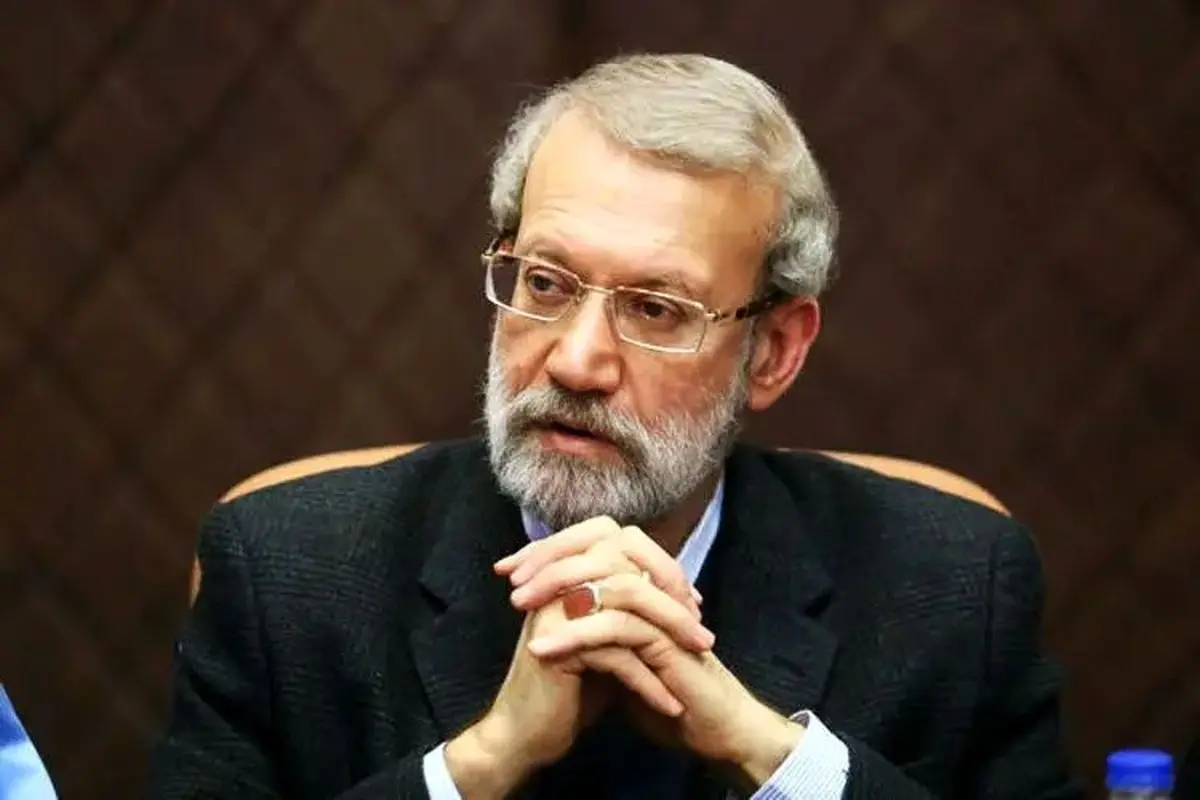SAEDNEWS: Ali Larijani stressed that Lebanon’s destiny must be determined by its people, rejecting foreign-imposed deadlines as humiliating, while emphasizing that negotiations require strength and that national security is rooted in unity.

According to Saed News citing Tasnim, Ali Larijani, Secretary of Iran’s Supreme National Security Council, in the second part of the program “Tehran, Tel Aviv” broadcast on Channel 2 of Iranian television, spoke about Lebanon and the situation in this country, saying:
“Today Lebanon has disputes and is seeking solutions. Our message to Lebanon is that in all circumstances we are with you. Of course, it is the Lebanese people who decide, and we do not interfere in Lebanon’s internal affairs, but since we have always stood by them, today we stand with them as well.”

Regarding the deadline set by actors outside the region for Lebanon’s disarmament, he said:
“We do not approve of big powers setting deadlines for others, and this is not a civilized way of talking to a nation. Trump once set a deadline for us too, but this method is wrong and no one pays attention to it. That they come from thousands of kilometers away and say: ‘At this time you must do such and such’ — this is not right. Who are you to say that? Then they add: ‘If you do this, we will give you a candy.’ We see this as humiliation, and we reject it.”
The Secretary of the Supreme National Security Council added:
“Our method with countries is that they must preserve their own sovereignty and dignity. If the Americans want to help, they should assist, not command. If regional countries ask for our help, we will help and cooperate — of course, if we can. That is why in Iraq and other countries, our message is that we have a duty to stand by our brothers, but we do not order them what to do.”
On his view of war and negotiation, Larijani said:
“The important issue is that war in that form no longer exists, but vigilance is necessary and minds must remain alert, especially in the military field, because we are facing a treacherous enemy.”
Regarding reconstruction after the 12-day imposed war, he said:
“Reconstruction began during the war itself, but the most important issue in this regard is domestic willpower. It is true that we must seek help from others, but the key is to strengthen our internal capacity.”
On negotiations with the United States, Larijani said:
“Negotiation is a tactic and is sometimes necessary, but in practice, one must go into negotiations with strength. Otherwise, no one will give you concessions. You can only bargain to the extent of the power you hold.”
The Secretary of the Supreme National Security Council emphasized the importance of national security:
“National security is an interconnected matter, and the result of a successful vision is that people can have a predictable life. Various factors play a role in this; meaning that if you have internal national cohesion, you will achieve success in negotiations, and if you lack national cohesion, you will face losses.”
He added:
“If you have international negotiations and, at the same time, harmonious relations with countries in the region, this will influence the quality and success of your negotiations. Therefore, many social, cultural, and economic issues, which may not appear directly related to national security, in fact play a role in an interconnected framework of national security and even in highly specialized negotiations.”
Larijani also spoke about the Secretariat of the Supreme National Security Council and its role, saying:
“The Secretariat today is serious about national cohesion. During the recent war, the people showed a new face of themselves and displayed great magnanimity that must be preserved. Different branches of government, the people, and civil institutions must pay attention to this issue, because it is no small achievement, and I will also protect it.”
He concluded:
“We must not allow disturbances to undermine this asset. Of course, the grounds for disruption are many; sometimes the enemy creates issues, and sometimes negligence and indecision within the country cause them.”

